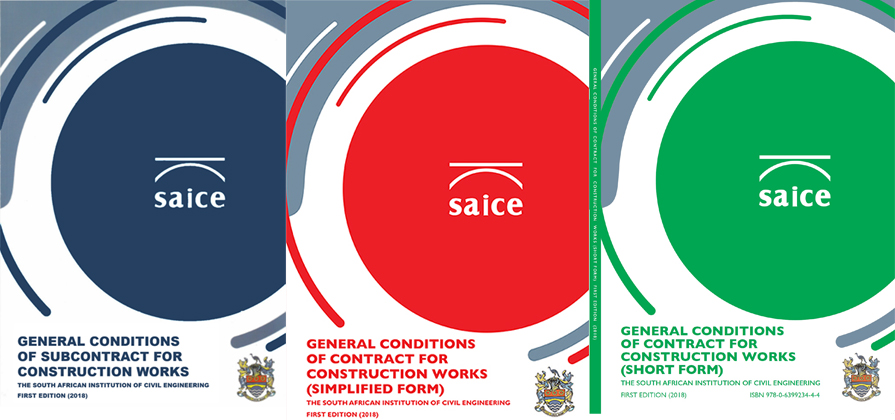Employee Vs Independent Contractor
The employer
In terms of the Basic conditions of Employment Act the difference is as follows:
Employment contract: The contract (employee/employer relationship) is a Contract of Service ‐ the employee undertakes to render his services (as opposed to an agreement to undertake and complete specific tasks) to the employer, either on an indefinite or fixed term basis. In return, the employer undertakes to pay the employee for those services.

Independent Contractor
contractor undertakes to perform a specific service or task. Unless otherwise agreed, the contractor will be paid upon completion of the specific service or task
IN TERMS OF THE LABOUR RELATIONS ACT 66 of 1995
With an Employment Contract (LOCATIO CONDITIO OPERARUM) the Object:
- Is the rendering of personal services between employer and employee.
- The Employee renders services at the behest of the employer.
- The Employer may decide whether it wishes to have the employee render services.
- The Employee must obey lawful instructions in regards with work and the manner it must be done.
- The Contract Terminates by the death of the employee/Employer.
- Alternatively, the contract terminates on completion of agreed period or is terminated in terms of schedule 8 of the Labour Relations Act, Act 66 of 1995 as amended.
With a contract of Work / Result (LOCATIO CONDITIO OPPERIS) the Object is:
-
- The production of a certain specified service or specified result.
- An Independent contractor is not obliged to perform work personally unless so agreed.
- The Contractor is Bound to produce certain work or a result within specified period.
- The Contractor is not obliged to obey instructions regarding manner in which task is to be performed.
- The Contract is not terminated by death of contractor.
- The Contract is termination on completion.
When our courts/adjudication bodies are uncertain if a person is an independent contractor or an employee, section 200A of the Labour Relations Act, Act 66 of 1995 is helpful which reads:
Subsection 1 of Section 200A notes that Until the contrary is proved, a person, who works for or renders services to any other person, is presumed, regardless of the form of the contract, to be an employee, if any one or more of the following factors are present:
- the manner in which the person works is subject to the control or direction of another person.
- the persons hours of work are subject to the control or direction of another person.
- in the case of a person who works for an organisation,
- the person forms part of that organisation.
- the person has worked for that other person for an average of at least 40 hours per month over the last three months.
- the person is economically dependent on the other person for whom he or she works or renders services.
- the person is provided with tools of trade or work equipment by the other person; or
- the person only works for or renders services to one person.
Subsection (1) of Section 200A of the Labour Relation Act does not Automatically apply to any person who earns in excess of the amount determined by the Minister in terms of section 6(3) of the Basic Conditions of Employment Act from time to time.










